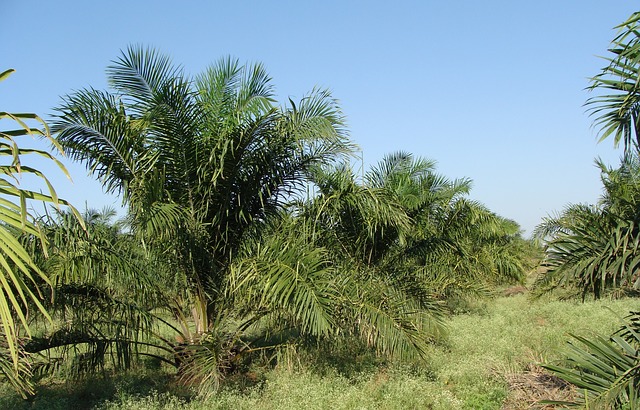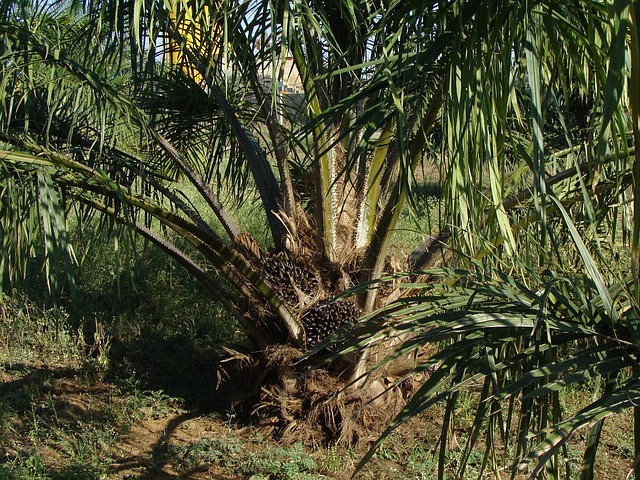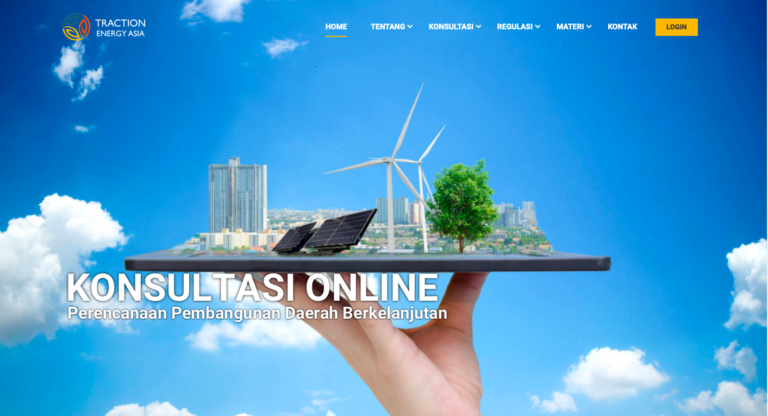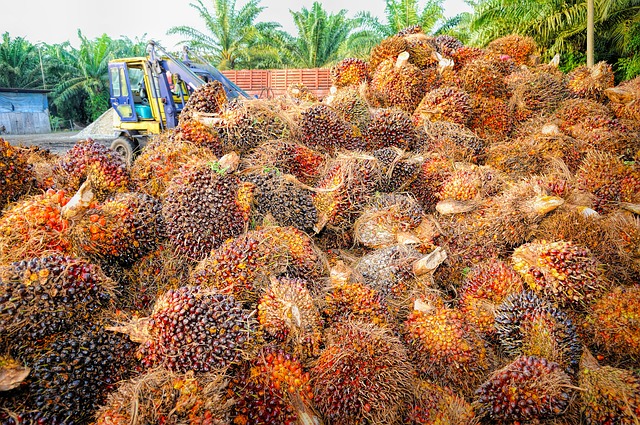Jakarta, 4 August 2020. The government’s plan to increase the production of biodiesel energy should be followed by the right policies to produce energy more sustainably. The government also needs to evaluate its step in providing subsidies for palm oil companies through the Oil Palm Plantation Fund Management Agency (BPDPKS).
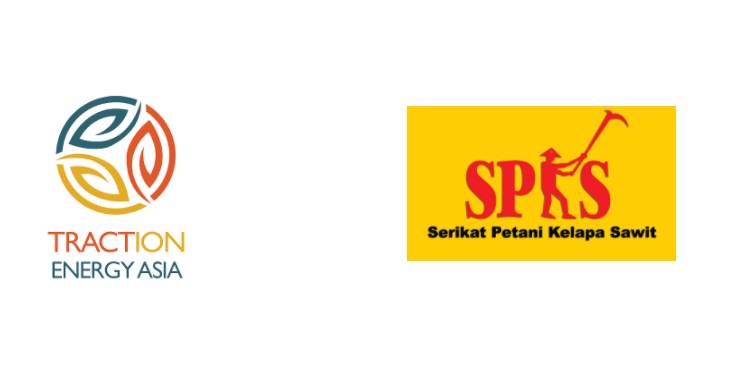
According to Mansuetus Darto, Secretary General of the Palm Oil Farmers Union (SPKS), the additional funding is not an effective way to bring prosperity to the palm oil smallholders and to directly impact the biodiesel program. As of today, there is no regulation on the palm oil smallholders’ involvement in Indonesia’s biodiesel program, so that the success of this program will not benefit the smallholders.
If the government genuinely acknowledges the importance of palm oil smallholders to the biodiesel industry and is willing to encourage them to maximize their production, it should involve the palm oil smallholders in the biodiesel program. One concrete step to achieve this would be to create policies that involve smallholders in the biodiesel supply chain.
To date, independent palm oil smallholders have not been mapped out in this industry. They do not even have access to sell their yields to the market. Instead, they have to go through a series of middlemen, resulting in a very low price.
“The government should include smallholders in the biodiesel supply chain, not merely providing cash injections on a regular basis for palm oil companies through BPDPKS,” said Darto.
Darto believed that the request from the Chairperson of the Indonesian Biodiesel Producers Association (Aprobi), Master Parulian Tumanggor, to the Minister of Finance, Sri Mulyani, for an annual Rp20 trillion cash injection from the government to the BPDPKS was not appropriate. Further evaluation is required to see whether the fund will eventually go to the smallholders or just to benefit palm oil companies.
Aprobi also emphasized the importance of subsidizing biodiesel as a renewable energy source.
Research Manager of Traction Energy Asia, Ricky Amukti, thought that the government should indeed support or subsidize renewable energy. However, Ricky presumed there was a confusion among entrepreneurs and the government when referring biodiesel as a renewable and clean energy.
Biodiesel that is produced from crude palm oil (CPO) cannot be categorized as clean and renewable energy since there are still some issues in the production process. First, many palm oil mills (POMs) are still not using methane capture facilities, so that the CPO production releases a large amount of methane, a much more potent greenhouse gase than carbon dioxide, into the air.
Last year, Aprobi promised to ensure the use of methane capture facilities in a greater number of palm oil companies. It is also contained in the Indonesian government’s commitment to Paris climate goals, in its first Nationally Determined Contribution (NDC).
“In reality, up until now, no concrete step has been taken, either from the palm oil companies or the government, to deal with methane gas emissions from palm oil mills,” said Ricky.
Secondly, the government should ensure that the development of the biodiesel industry will not encourage land clearing for palm oil plantations, as it will certainly release a large quantity of emissions. Moreover, land clearing often leads to land disputes or agrarian conflicts with local communities.
Biodiesel can be categorized as a transitional energy toward a clean and renewable energy. Thus, while developing the biodiesel industry, the government needs to develop and incentivize energy that comes from verifiably renewable sources, such as used cooking oil for transportation fuels, as well as rooftop solar panel, geothermal, wind, and micro hydro projects for electricity.
“The government should ensure that the process of CPO production for biodiesel is sustainable and does not increase emissions even further. The government also needs to set restrictions so that no more land will be cleared to develop new palm oil plantations to serve the biodiesel industry,” said Ricky.
Contacts:
Secretary General, Palm Oil Farmers Union (SPKS), Mansuetus Darto (+62 811-9266-663)
Research Manager, Traction Energy Asia, Ricky Amukti (+62 877-8189-3015)
Communication Staff, Traction Energy Asia, Fadiyah (+62 877-8317-4140)
Palm Oil Farmers Union (SPKS) is an organization of palm oil farmers with around 58 thousand members across 14 regencies. Traction Energy Asia is a research institute focusing on issues of transition to clean and renewable energy.

